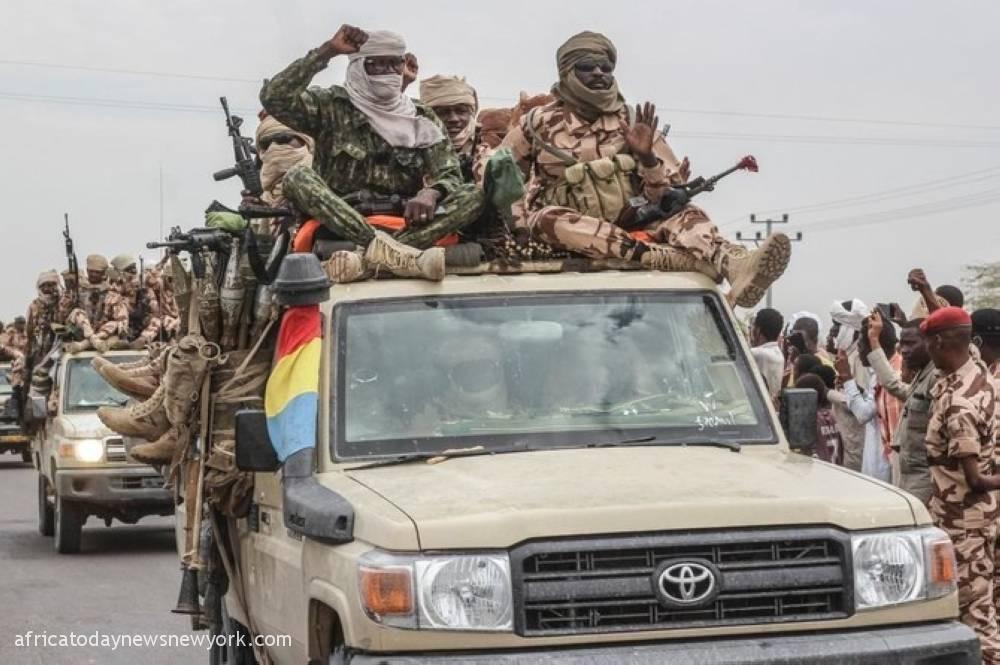Less than a week after their withdrawal, a number of Chadian political and rebel factions have announced they will resume their peace negotiations with the military leadership of the nation in Qatar to find lasting solutions to the problems.
In order to organise an inclusive national conversation to prepare for elections, some 50 groups have been in negotiations in Doha for more than four months.
On July 16, however, a large number of them left the negotiations, alleging that the government was attempting to undermine peace efforts.
Read Also: Conflict With Chad Gold Miners Leaves Over 100 Dead
On Saturday, Colonel Adoum Yacoub, a spokesman for 19 groups that had pulled out, told reporters their concerns had been addressed.
‘We had discussions with the mediator with whom we shared our grievances in writing and we received all the answers,’ he said.
Brahim Hissein, a spokesman for Chad’s main armed opposition movement, the Front for Change and Concord in Chad (FACT), said they had spoken to the mediator on Thursday and decided to ‘give the talks a new chance’.
Government spokesman Abderahman Koulamallah praised “the foresight of (his) brothers”.
On Thursday, the Qatari mediator handed a draft peace agreement to the rebel groups and the Chadian government.
Mahamat Mahdi Ali, the leader of FACT, told reporters: “There are two or three points to discuss… but it’s a good start.”
The impoverished Sahel state was buffeted in April 2021 when its veteran president, Idriss Deby Itno, died fighting rebels, including FACT.
His son, Lieutenant-General Mahamat Idriss Deby Itno, immediately took over at the head of a junta.
He dismissed the government, dissolved the parliament and repealed the constitution, vowing to hold “free and transparent” elections in 18 months — a deadline that he said could be postponed once if “certain conditions” were not fulfilled.
The rebel groups who withdrew on July 16 did so less than 24 hours after the younger Deby’s administration announced that a national peace dialogue ahead of elections would start on August 20.
The rebels said the new date had been set without any consultation, describing it as an attempt to “exclude” many of the armed groups and their political allies from the dialogue.
